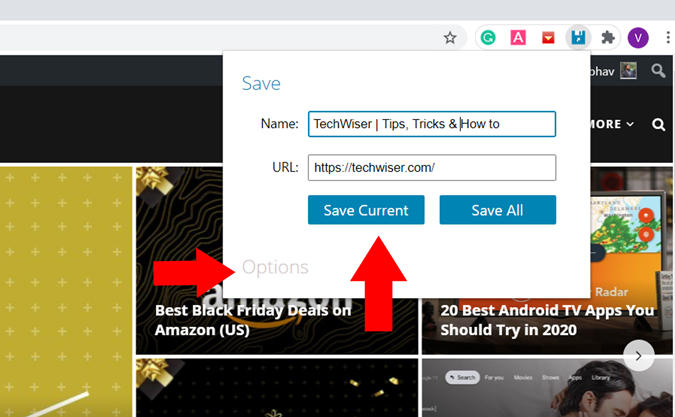
Once the memory is no longer needed, the program can release the memory back to the operating system. This implicates that both C and C++ provide programmers with a means of allocating RAM memory to carry out functions. These early coding errors result in memory management vulnerabilities being introduced in applications.” (“ Google Just Gave Millions Of Users A Reason To Quit Chrome.” Forbes.)


Google explains that the issue is inherent in the programming languages C and C++, of which neither “…come with restrictions or warnings to prevent or alert developers when they're making basic memory management errors. This was first published on Google’s Chromium Project website. This flaw introduces a potential vulnerability that effects Google Chrome, as well as all Chromium-based web browsers.Įngineers identified an issue in its Chrome web browser that may permit poorly written code to allow access to data stored in active (RAM) memory. See sandbox.Google has identified “unsafe” code in the Chromium web browser engine. If a Web app crashes, Chromium is able to cancel that operation and keep running. The engine interacts with the user interface and executes the Web page in a sandbox to prevent illegal system calls. See browser engine.Ĭhromium browser source code is available for Windows, Mac and Linux in two modules: the user interface and rendering engine. Unfortunately, all Chromium browsers do not behave exactly the same, and while most Chrome extensions work, not all do, frustrating users to no end. For example, if Chrome users prefer another browser based on Chromium, they can switch to that browser and download the same extensions they liked in Chrome. See Chromebook and Cloud Ready.Īn advantage to Chromium-based browsers is that they use the same extensions. In 2012, software that compiles and installs a build for developers on a USB drive was released. Various versions have been introduced with names such as Cherry, Zero, Flow and Vanilla Login.

The Linux-based Chromium OS in Chromebooks is geared for Web applications, and its user interface is essentially the Chromium browser. For more information, visit Chromium Operating System Examples are the Chrome OS in Chromebooks and the underlying engine in Chrome, Edge, Brave, Vivaldi and other Web browsers.

Introduced in 2009, two open source software projects are named Chromium: an operating system and a Web browser.


 0 kommentar(er)
0 kommentar(er)
